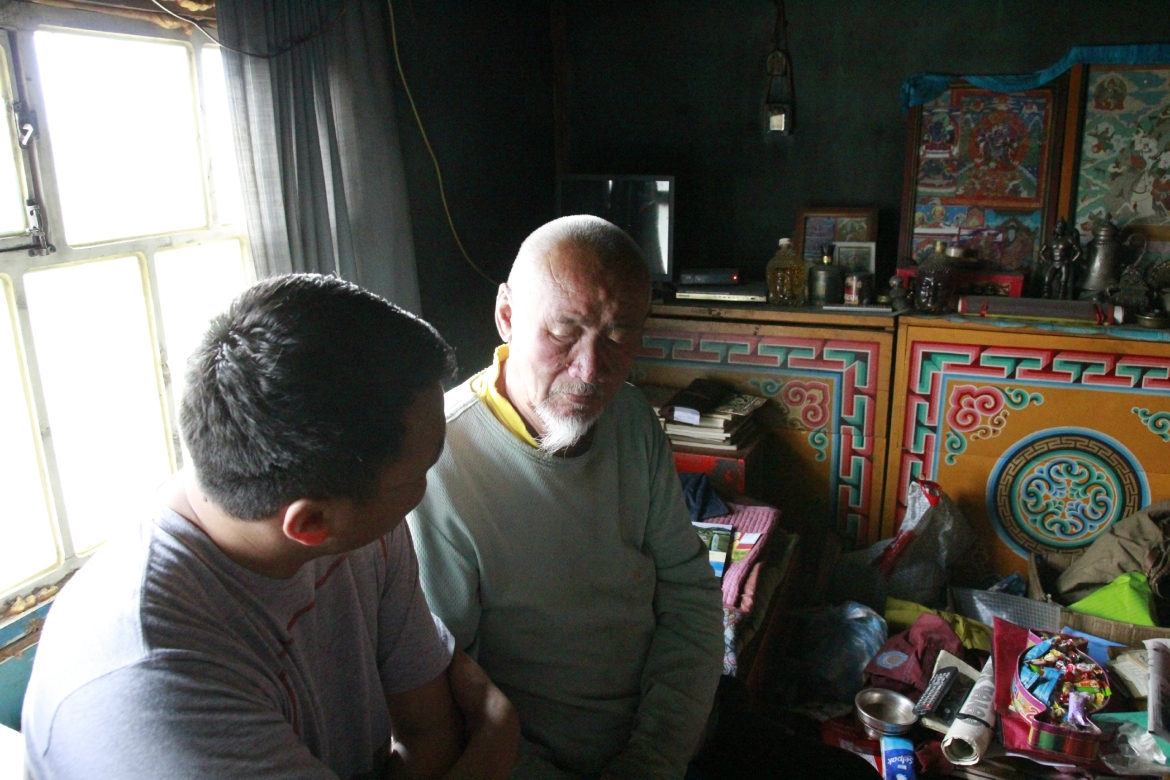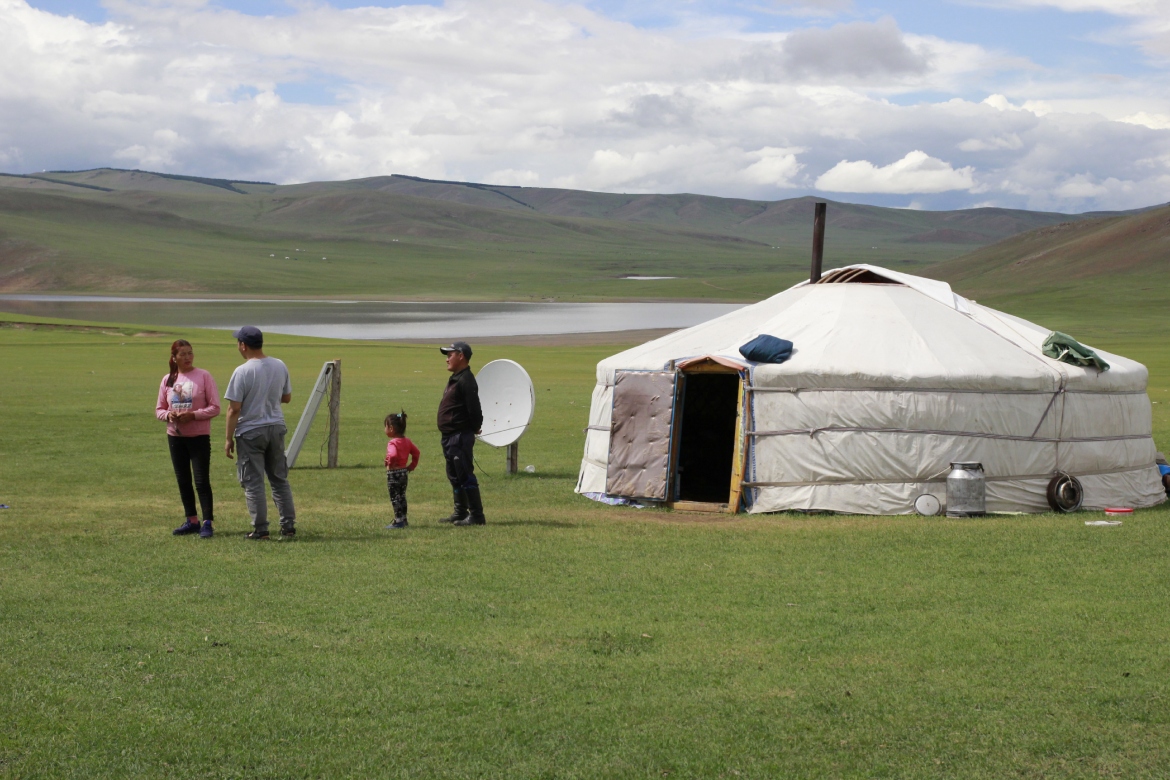- Title of the project: Modern Mongolian Cultural and Social Changes: Characteristics and Lessons. Tradition, Heritage, and Modernization
- Duration of the project: January 1, 2024 – December 31, 2026
- Principal investigator: Zsolt Szilágyi, Department of Non-European Studies, Institute of Ethnology, HUN-REN Research Centre for the Humanities
- Project type: Mobility grant for bilateral international research projects
- Partner institution: Mongolian Academy of Sciences, Institute of History and Ethnography, Institute of Philosophy
- Funding organization: Hungarian Academy of Sciences, Mongolian Academy of Sciences
- Project number: NKM2023-73
Building on decades of Hungarian-Mongolian research cooperation, the project continues earlier ethnological, folkloristic, historical, religious, and socio-historical research, expanded in recent years to include topics related to the history of science.


Project participants use an interdisciplinary research approach to explore the intangible culture, traditional practices, folklore, and beliefs of contemporary Mongolian nomads, their cultural responses to the challenges of modernization and globalization, using subject- and discipline-specific methodologies. To collect primary sources, archival research is carried out in Hungarian and Mongolian public collections (Hungarian Academy of Sciences, Museum of Ethnography, The Archives of the Institute of Ethnology, HUN-REN Research Centre for the Humanities, Genghis Khan National Museum, Mongolian State Archives, etc.). Fieldwork is conducted in Mongolia in traditional and new locales.

Researcher exchanges play a key role in the program, allowing participating researchers to give presentations at partner institutions, national and international scientific forums, as well as Hungarian, Mongolian, and other foreign (Chinese, Kazakh) universities and scientific workshops. An important result of the cooperation is the knowledge transfer that provides an opportunity to share experiences of research methodology, research infrastructure, and institutional systems, as well as to learn about the cultural and social changes taking place in the regions being studied.
The economic and political significance of the Inner and East Asian region has been growing steadily in recent decades. Alongside a clear Chinese dominance, the countries of the region are also playing an increasingly important role in the changing international context. Mongolia is consciously striving to build close political, economic, and cultural/educational cooperation with not only its immediate neighbors but also with more distant countries and economic regions. It has significant relations with the European Union, the bond with Hungary being one of the closest, and this link has become even more pronounced in the context of the Hungarian government's policy of opening to the east.

The submitted research topic is of great international interest, and the project not only contributes to the development and successful implementation of cultural and scientific relations between the two countries, but also brings us closer to understanding social science research in Inner Asia. The international significance of the project is demonstrated by the fact that some of the research carried out has been supported by the British Academy Arnold Stein Exploration Fund, the British Library, and the Chiang-ching Kuo Foundation, among others.


